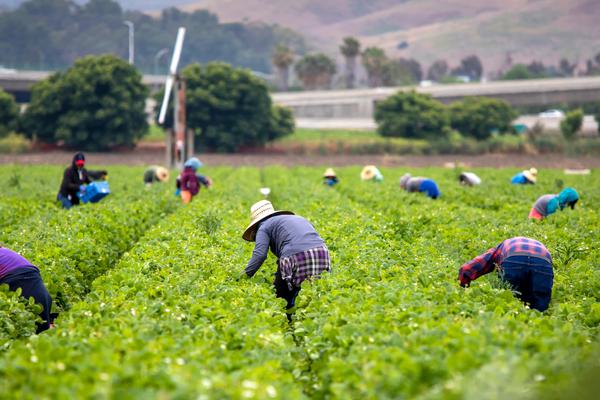Migrant Workers - Responsible Recruitment and Fair Hiring Practices
14 March 2012

The Institute for Human Rights and Business (IHRB) and Verité co-convened a multi-stakeholder roundtable on responsible recruitment and fair hiring to combat human trafficking in South Asia in Delhi on 13th March 2012. This event brought together senior representatives of global brands, the recruitment industry in the region, local and international NGOs, and international organizations such as the ILO.
It offered the opportunity for participants to explore the challenges, risks and human rights responsibilities surrounding the recruitment of South Asian migrant workers for overseas employment, and to discuss ways that business and other stakeholders can ensure responsible practices to combat abuses in supply chains.
The roundtable – which was held under the auspices of a project funded by the UK’s Department for International Development – was a considerable success. Dialogue on the key challenges and vulnerabilities faced by migrants was informed and wide-ranging, touching on the key problems of fee charging, risks of debt bondage, forced labour and trafficking and restrictions on workers’ freedom of movement.
Presentations and interventions by participating brands (like Next and Coca Cola) and recruitment agencies and associations (like the Manpower Group and the Indian Staffing Federation) were inspired, with both focused on how they are “raising their game” against human trafficking and addressing the many challenges that lie before them, not least in scaling up their engagement.
Participants also heard from IHRB on its Dhaka Principles for Migration with Dignity, which provide a guide to responsible practice for companies in relation to labour migration and Verité on its Fair Hiring Toolkit and its Ethical Framework for Cross- Border Labor Recruitment. Taken together, these initiatives represent a broad framework of action to promote due diligence and extend labour and human rights protections to some of the most vulnerable workers in the global economy.



